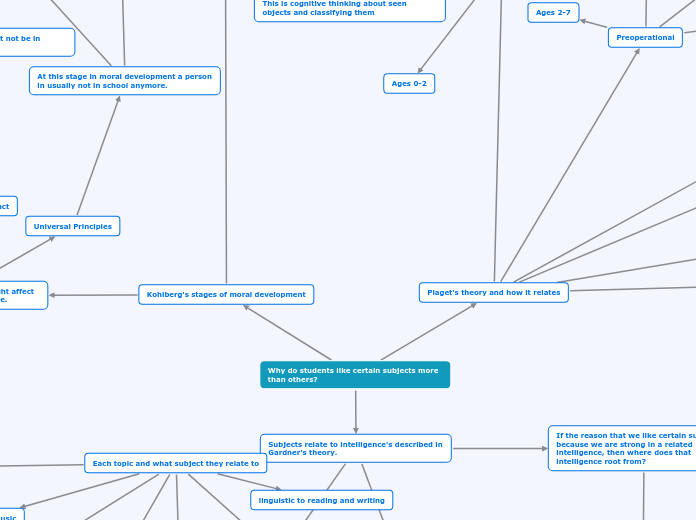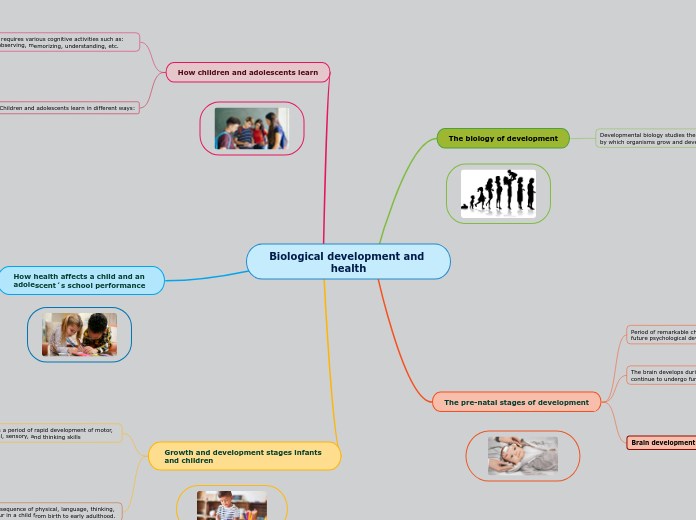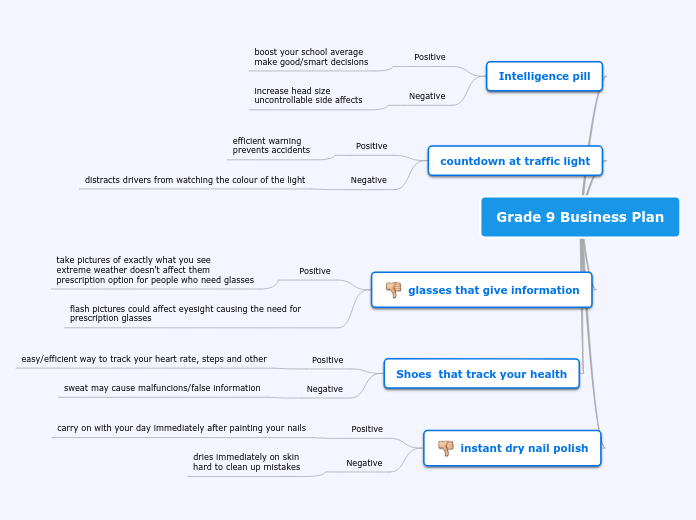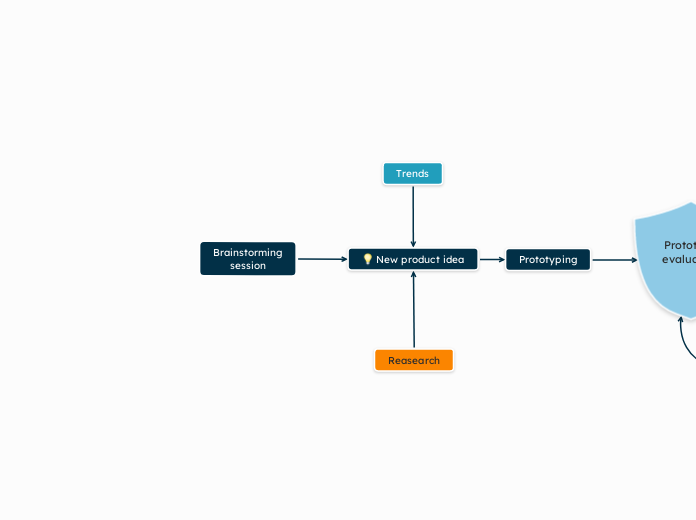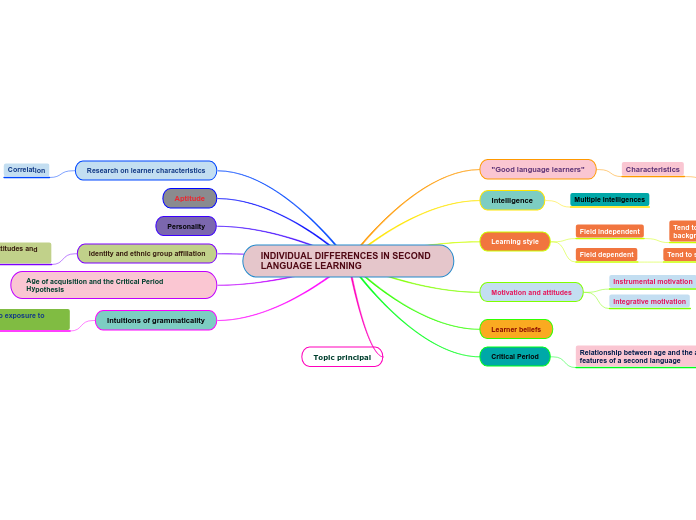In the self interest stage, humans do things for reward. A person might not feel rewarded in a subject as much as another.
A teacher might be the difference between a child liking a subject or not.
One teacher might reward her/his students and support them in their mistakes and another could be focusing on the punishment associated with getting a problem wrong.
What about us makes it easier to think about math rather than writing? (Math and writing are examples)
Is it chemical, physical composition of our brains or what we have been exposed to in our lives.
Are some people mentally limited in how advanced we can become in an intelligence?
Can we choose what intelligence we would like to be strong in and practice until it is the strongest?
linguistic to reading and writing
visual and spatial to art
social and self to all subject and relationships with students and teachers
Each topic and what subject they relate to
Kinesthetic and Physical Education
Is there something different in our brains that distinguish between an amazing athlete and a strong person.
roots partly from genetics
musical to music
Nature and logic to science
Logic to math
Why do students like certain subjects more than others?
Piaget's theory and how it relates
I think that if a person is stunted by an outside force during one or more of these ages and periods of learning it could make it hard for the student to learn the subject that is mainly taught during that time and make a person not like that subject as much.
I think that this theory applies because we learn differently and understand more at different stages
Formal Operational
Difficult Problem solving
Ages 11-older
Concrete Operational
Math and problem solving age
Ages 7-11
Preoperational
knowing how others and your own person feel
More about reading and writing
abstract and symbolic thinking is difficult, but they are learning
Ages 2-7
Sensorimotor
Could be associated with art
More on a science and math aspect of thinking
This is cognitive thinking about seen objects and classifying them
Ages 0-2
Kohlberg's stages of moral development
Different stages and how they might affect the choice of what subject they like.
Universal Principles
At this stage in moral development a person in usually not in school anymore.
If they are still going to school they probably like what ever subject that they are best at.
If they are not, they probably do not think about school subjects and focus more on their work or family.
Social Contract
At this stage a person might not be in school anymore.
Authority and Social Order
This moral development stage might influence what subject a person likes because of the culture.
A girl might turn away from science and more towards art due to how society views these subjects.
A boy might stop liking art as much and turn towards science because he should be able to provide for a family. To provide he needs a good job and it is "manly".
Conformity and Interpersonal Accord
At this stage kids just want to make others approve of them.
They might change their mind because their friend likes reading more than math and they want to be the same.
Obedience/Punishment
I don't think that this stage necessarily applies as much as the others might because at this age a child is not in school.
Could our favorite subjects be affected by our moral development?
Subjects relate to intelligence's described in Gardner's theory.
Questions I have developed through this theory.
If the reason that we like certain subjects is because we are strong in a related intelligence, then where does that intelligence root from?
Exposure
We need to be exposed to a subject to know if we are strong in it
If a person has not been taught math then their strongest intelligence will probably not be logic/math.
Physical ability
Linguistic is probably not the strongest intelligence of someone who is mentally impaired.
Kinesthetic intelligence is probably not the strongest intelligence in someone who is paralyzed.
Favorite subjects can change over time and so can our strong intelligences
